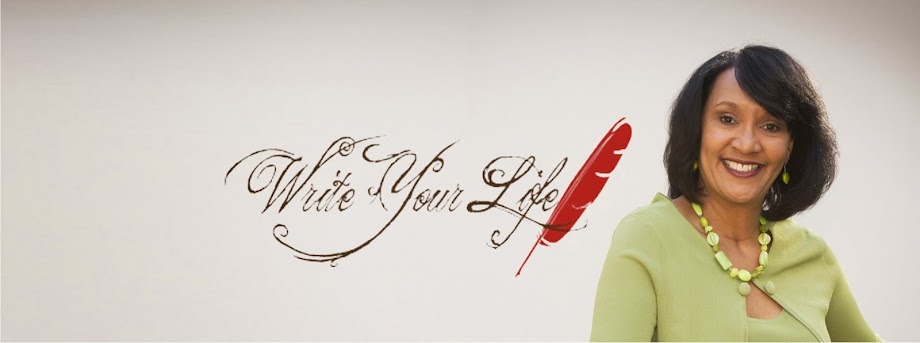As a marketing
major in college, I recall reading an article where the writer encouraged
readers to act as if their marketing budget was $1. I thought it was an
ingenious way to challenge people to be creative in developing a marketing
plan. Now, in the Age of the Internet, there are a number of ways to
market for $1 or less. Here, I outline a few tips on how to implement One
Dollar Marketing for your book:
Budget. In the same
way that you have a budget for your household, you should have a marketing
budget for your book. When I am on a tight budget and have only a few dollars
to spend on lunch, I strategize to determine what is the best meal I can make
or buy within my budget. For example, if I only have $5, I may decide to order
five items for $1 each from the value menu at a fast-food restaurant. On the
other hand, I may decide to purchase items totaling $5 or less at the grocery
store, and create multiple meals. Believe me, I have done both. When marketing
your book, determine what your budget is, and figure out the smartest way to
invest your money. The idea is to determine your budget and create a marketing
plan that can help you reach your target audience.
Competition. On a scale of
one to 10, with 10 being the highest, my score for competitiveness is a 10. For
me, there is no greater thrill than a challenge. If you are like me, you might approach marketing your book like you would any other a challenge. You can create your own competition with
your $1 marketing budget (or any other amount). Begin by developing a
marketing plan to reach a specific number of readers in your target audience.
For example, if your marketing budget is $1 and you need to reach 10,000
readers, challenge yourself to develop a marketing campaign to reach that
audience. Take the time to write down your top 10, 20 or 50 ways to market your
book within that budget. You will be amazed at how creative you can be when
there is a challenge.
Return on
Investment (ROI). When marketing, it is important to calculate your
ROI before spending money on a marketing campaign. Return on investment is a
measure of the profit earned from each investment. Similar to the “return” or
profit you earn on your investment portfolio or bank account, ROI is calculated as a
percentage. In simple terms, the calculation is: (Return -
Investment)/Investment. It is expressed as a percentage, so multiply your
results by 100 to find your ROI.
As you can see, I believe the power of a dollar can go quite far with your book marketing budget. As the co-author of How to Market Your Book For Free, I have learned to use various strategies to market my books while on a budget, through healthy self-competition, for a substantial return on my investment. For more tips on how to market for $1, or for free, look for the book coming soon.
___________________________
 Nicole Antoinette, author, publisher, and founder of the Suwanee Festival of Books launched Faith Books & MORE Publishing in June 2008. She is an independent business consultant, professional writer, and adjunct college professor. She currently resides in Suwanee, GA with her son Joshan, an aspiring film director.
Nicole Antoinette, author, publisher, and founder of the Suwanee Festival of Books launched Faith Books & MORE Publishing in June 2008. She is an independent business consultant, professional writer, and adjunct college professor. She currently resides in Suwanee, GA with her son Joshan, an aspiring film director.
Web: http://faithbooksandmore.com
Facebook: https://www.facebook.com/faithbooksandmorepublishing
Twitter: @faithbooks
You Tube: http://www.youtube.com/user/FaithBooksAndMore
Email: publishing@faithbooksandmore.com
Facebook: https://www.facebook.com/faithbooksandmorepublishing
Twitter: @faithbooks
You Tube: http://www.youtube.com/user/FaithBooksAndMore
Email: publishing@faithbooksandmore.com
Telephone: 678.232.6156







